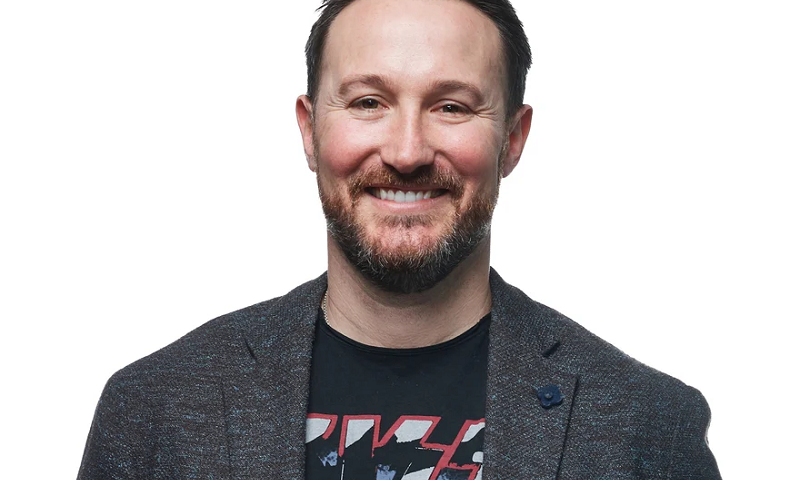CAMP4 Therapeutics, named for the camp closest to the top of Mount Everest, scaled closer to the peak of its solo mission Tuesday with $45 million in fresh capital.
The company has spent the past 18 months quietly reinventing itself from a bioinformatics startup to a biotech that looks to restore gene expression through what it calls regulatory RNAs.
This novel class of RNAs controls the expression of proteins and leads to a small increase in gene output, which ideally produces therapeutic benefits that have the potential to be applied to at least 650 diseases mapped out by CAMP4, said CEO Josh Mandel-Brehm in an interview.
The Cambridge, Massachusetts-based startup came out of stealth in May 2018, after being founded in 2016, with $30 million in funding. CAMP4 then inked a partnership for an undisclosed amount with Alnylam Pharmaceuticals to identify druggable targets for treating rare liver diseases in January 2019. The following January, CAMP4 signed a collaboration with Biogen for work on neurological and neurodegenerative diseases. The deal had an upfront payment of $15 million as well as biobucks worth $96 million for initial targets and up to another $173 million for additional targets.
CAMP4 has since ended those partnerships as the company shifted away from signaling pathways, Mandel-Brehm said. The CEO previously worked on business development and M&A at Biogen.
“Once we decided to focus in more on this area, for both parties it didn’t make sense to continue working on the former strategy for CAMP4, and so it’s a very amicable separation,” Mandel-Brehm said.
The plan switched following findings on regulatory RNAs from one of CAMP4’s founders, Richard Young, Ph.D., at MIT’s Whitehead Institute. Mandel-Brehm described them as a “special class of RNAs” that do not encode for proteins but instead control the expression of nearby genes. It’s important that regRNAs act close to the genes, because, traditionally, non-coding RNAs have acted in a variety of places, the CEO said.
“These regulatory RNAs exist in every cell in every tissue, so the great thing about the category of targets that we’re going after is that it should theoretically work in any particular tissue where you want to change the output of the gene you want to offer to it,” Mandel-Brehm said.
The liver and central nervous system are the first focal points, because those are diseases where oligonucleotides have proven to be safe and effective, the CEO added. Muscle and heart diseases could be next in the pipeline.
CAMP4 will use the new funding to submit regulatory filings for at least one oligonucleotide drug candidate by the end of next year. The company dubbed the round a “series A prime” because it was treated as a traditional series A to bring in additional venture capital firms to set up for a “future fundraising crossover round,” the CEO said. CAMP4 will likely do another financing round later this year, he added.
In addition to more funding, CAMP4 hopes to once again sign on with a pharma company toward the end of this year or early 2022, Mandel-Brehm said.
“We’d like to do one big collaboration where a partner really brings their capabilities. It’s a tissue that has a lot of diseases in it where we can see it being a fertile ground and something where we really want to invest our time and effort beyond just the dollars,” Mandel-Brehm said.
CAMP4 would like to partner with a company with expertise in a certain disease, such as liver diseases, the CEO said.
5AM Ventures and Northpond Ventures led the new financing with existing investors Andreessen Horowitz, Polaris Partners and The Kraft Group. 5AM Managing Partner Andy Schwab and Northpond Director Shaan Gandhi, M.D., joined the board in conjunction with the round.

